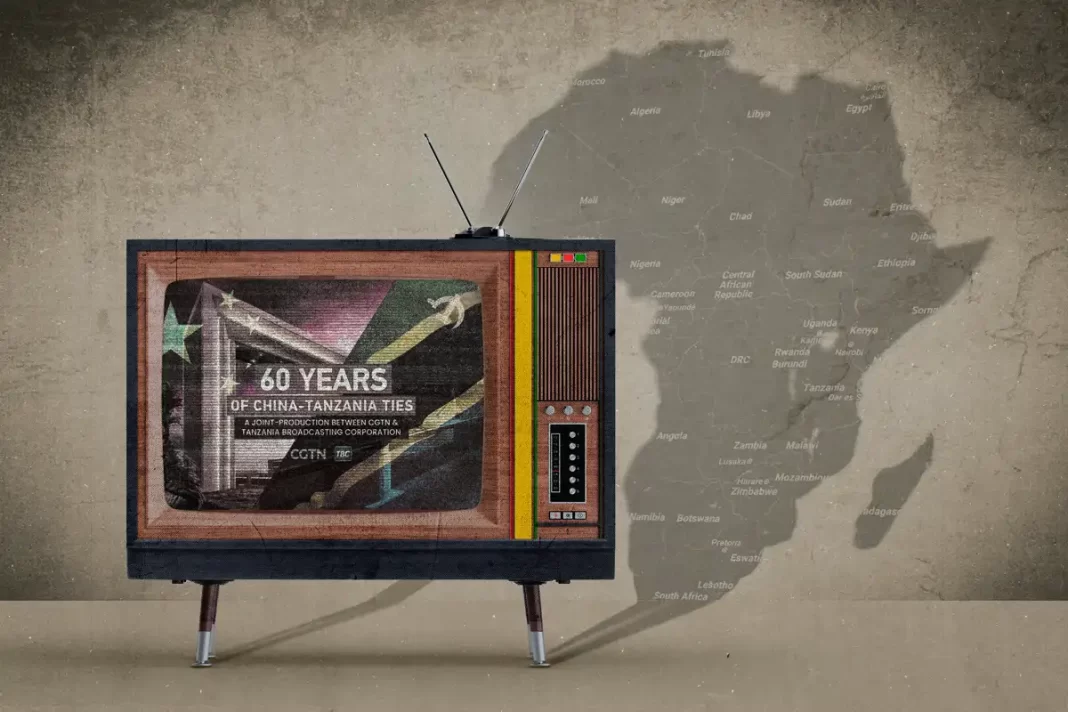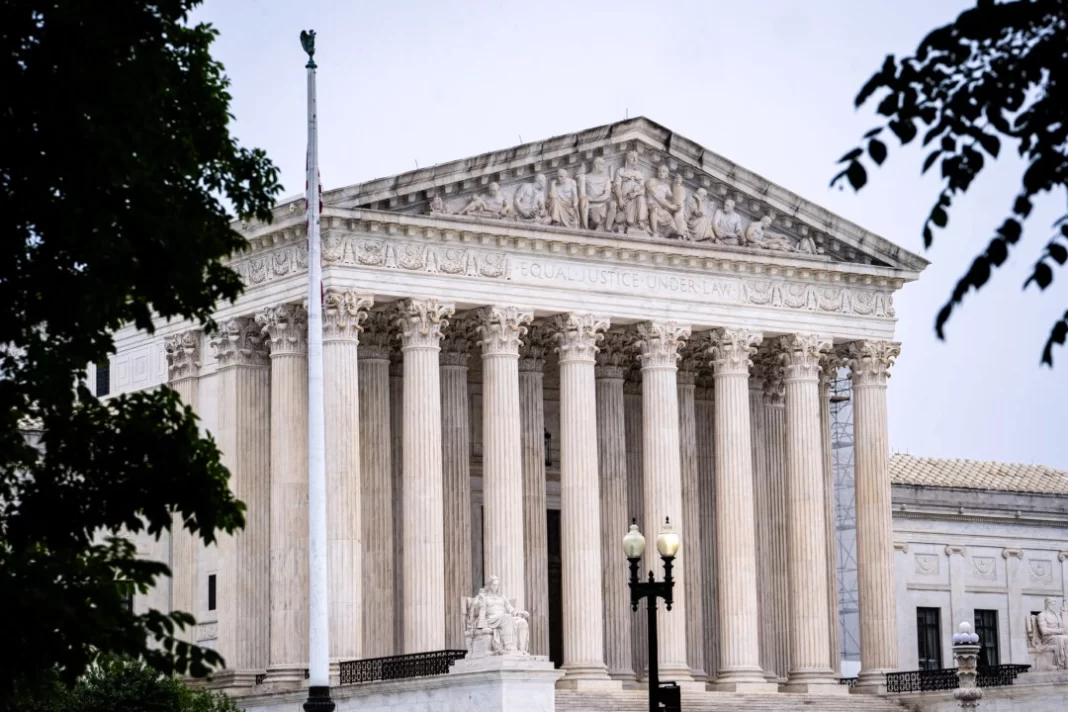
The CCP’s official mouthpiece is in at least 40 of Africa’s 54 countries, while Voice of America has one bureau left on the continent.
JOHANNESBURG—The Chinese communist regime has annexed media spaces across Africa, severely restricting citizens’ access to fair and accurate news, while allowing Beijing to spread anti-American messaging at will, according to separate research completed by two authorities on China’s activities on the continent.
Reports from Paul Nantulya, at the Africa Center for Strategic Studies in Washington, and Joshua Eisenman, senior fellow for China studies at the American Foreign Policy Council, paint a disturbing picture of the Chinese regime’s success in spreading propaganda, misinformation, and disinformation in Africa.
The experts’ research shows that the U.S. government has done little to counter China’s dominance of African media landscapes. To the contrary, budget cuts have forced the U.S. government’s international broadcaster, Voice of America (VOA), to shutter African bureaus and severely limit reporting from staff and freelancers on the continent.
In his report, Mr. Nantulya said media controlled by the Chinese Communist Party (CCP) are now “embedded” in news and information ecosystems across Africa, “distorting” the truth and limiting access to “independent information shaping citizen debates on a host of issues ranging from governance, society, and the economy.”
Mr. Nantulya’s and Mr. Eisenman’s research reveals that CCP agents have recruited hundreds of African media personnel to work at four major news outlets operating across the continent.
These are Xinhua, China Global Television Network (CGTN), China Daily, and China Radio International. Xinhua and China Radio International are both state-owned CCP official mouthpiece, while the other two outlets are controlled by the regime’s Publicity Department
The studies reveal the Chinese organizations recruit high-profile African media personalities, offering them high salaries to give its propaganda “credibility.”
Mr. Eisenman concluded that “all four receive vast state resources that allow them to cover a wealth of stories using various types of media (print, television, radio, and online) in all six United Nations languages”—Arabic, Chinese, English, French, Russian, and Spanish.
He said each of the agencies has “numerous multilingual, outward-facing social media accounts with millions of followers on platforms that are blocked in China, such as Facebook, Instagram, Twitter, and YouTube.”








